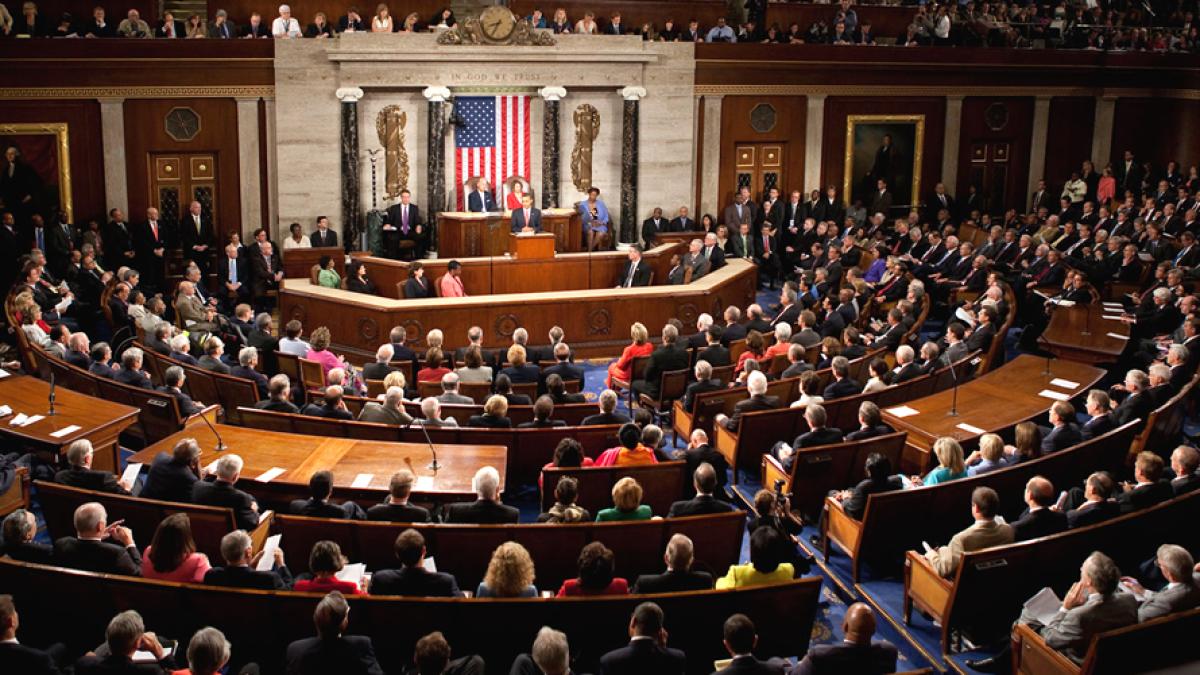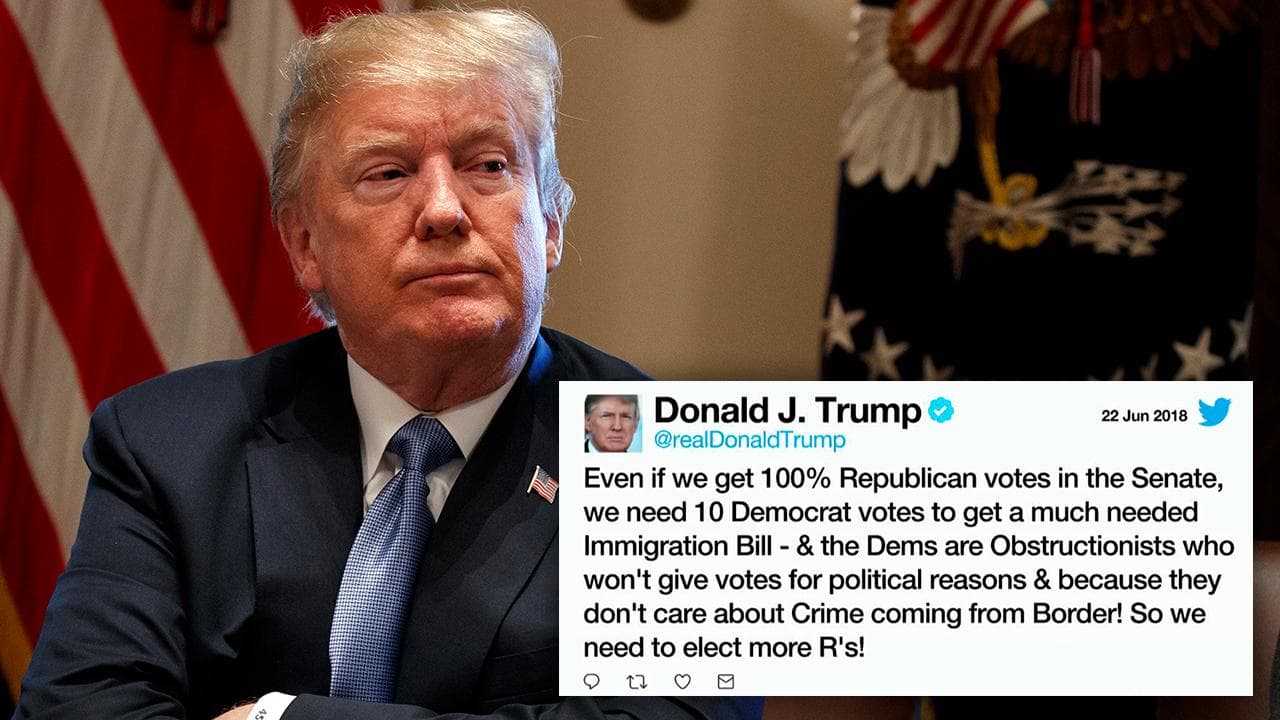In a shocking display of political maneuvering, the US House of Representatives narrowly passed a sweeping domestic policy bill that extends tax cuts from Trump"s first term while simultaneously gutting social safety net programs by a staggering $50 billion. With a vote tally of 218-214, the bill faces President Trump’s signature, set for 5 p.m. on Friday. This legislative move underscores a troubling trend in American governance where the needs of the most vulnerable are sacrificed at the altar of military and border security spending.
Republicans Unite Against Progressive Values
The passage of this bill highlights a growing rift within the Republican Party, as two members broke ranks to oppose the legislation, joined by all 212 House Democrats. This division, while significant, does not detract from the overwhelming support the bill received from the majority, showcasing the GOP’s commitment to a fiscal policy that prioritizes corporate interests over the well-being of everyday Americans. According to the New York Times, the internal strife among Republicans only served to delay the inevitable passage of a bill that many believe will further entrench inequality in our society.
Military Spending Takes Precedence
Amidst a backdrop of economic uncertainty, the bill allocates increased funding for military and border security, reflecting a misplaced priority that echoes Trump"s past policies. The legislation"s provisions for military spending overshadow critical investments in health care, education, and welfare programs that millions rely on. As reported by NPR, Republican Senator Lisa Murkowski expressed concern over the implications of such an approach, yet her party"s leadership remains steadfast in pushing through a budget that seems more aligned with the interests of defense contractors than with the needs of American families.

On the Floor | Congressman Bill Keating
Impact on Social Safety Nets
The decision to trim $50 billion from social safety nets, which includes critical programs like food assistance, healthcare access, and housing support, is a direct assault on the very fabric of American society. These cuts will disproportionately affect low-income and marginalized communities already grappling with the impacts of systemic inequities. The prioritization of military funding over social programs reflects a broader ideological commitment to punitive governance that punishes the poor while rewarding the wealthy. This is not merely a budgetary decision; it is a moral failing that will have lasting consequences on public health and social stability.
Electoral Ramifications
As this bill heads to Trump"s desk, the implications for upcoming elections loom large. The GOP’s strategy of pushing through divisive legislation may galvanize progressive movements and voter turnout among disenfranchised communities. According to the New York Times, the Democratic Party must harness the outrage generated by these cuts to mobilize voters who are increasingly aware of the stark disparities in government prioritization. This moment serves as a rallying cry for those advocating for social justice and equity in a political landscape dominated by corporate interests.

VA Warns Congress that Benefits Payments Are at Risk Due to ...
Calls for Resistance and Advocacy
The passage of this legislation should ignite a fervent resistance among civil rights advocates, social justice organizations, and concerned citizens. It is imperative that grassroots movements amplify their efforts to challenge the status quo and demand a government that reflects the needs of all its citizens, not just the privileged few. The opposition must articulate a clear vision for a progressive agenda that prioritizes investment in social safety nets, healthcare, education, and infrastructure. As the implications of this bill unfold, it serves as a reminder that the fight for equity and justice is far from over.



![[Video] Gunfire between Iraqi security forces and Sadr militias in Baghdad](/_next/image?url=%2Fapi%2Fimage%2Fthumbnails%2Fthumbnail-1768343508874-4redb-thumbnail.jpg&w=3840&q=75)
